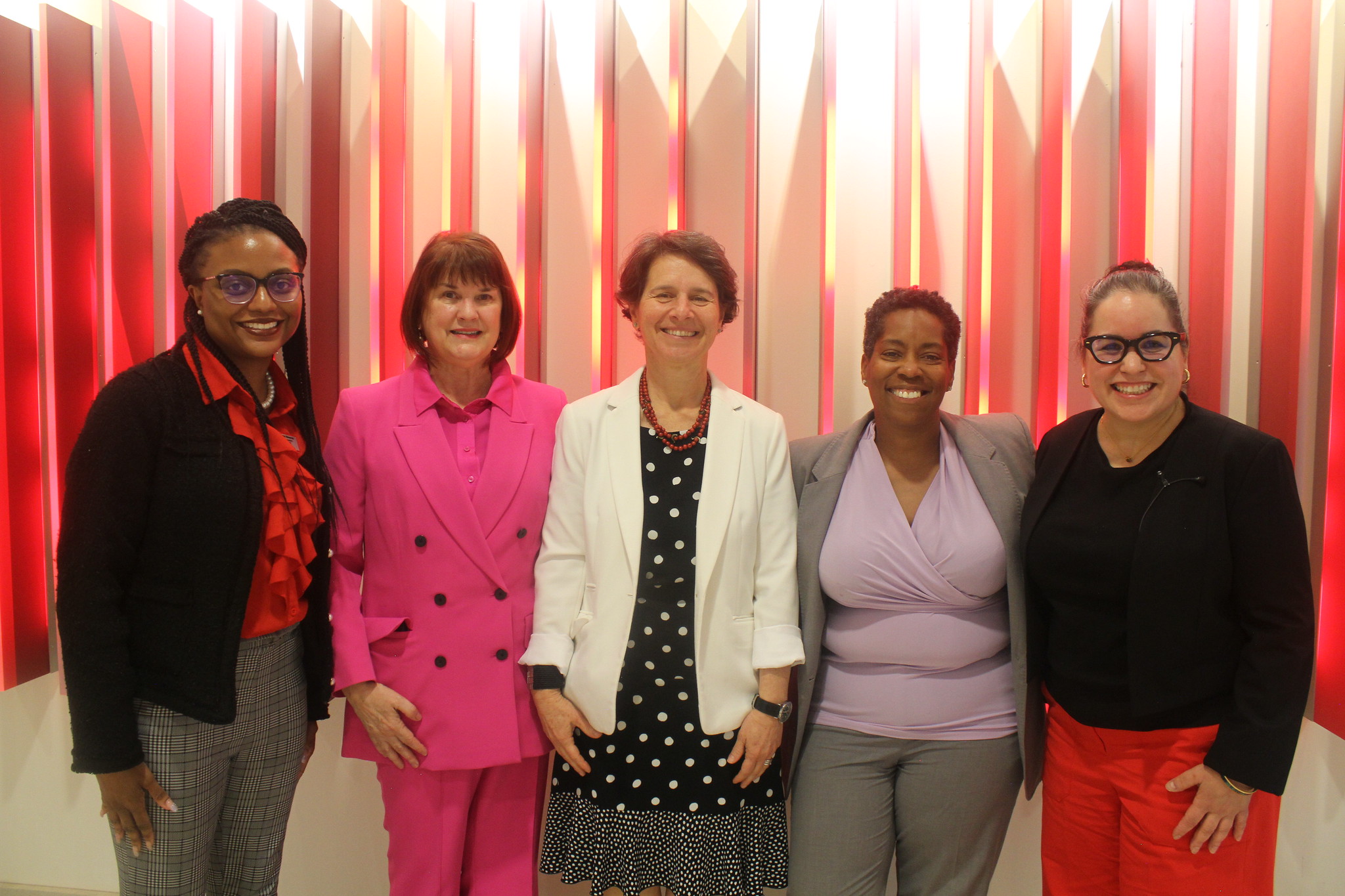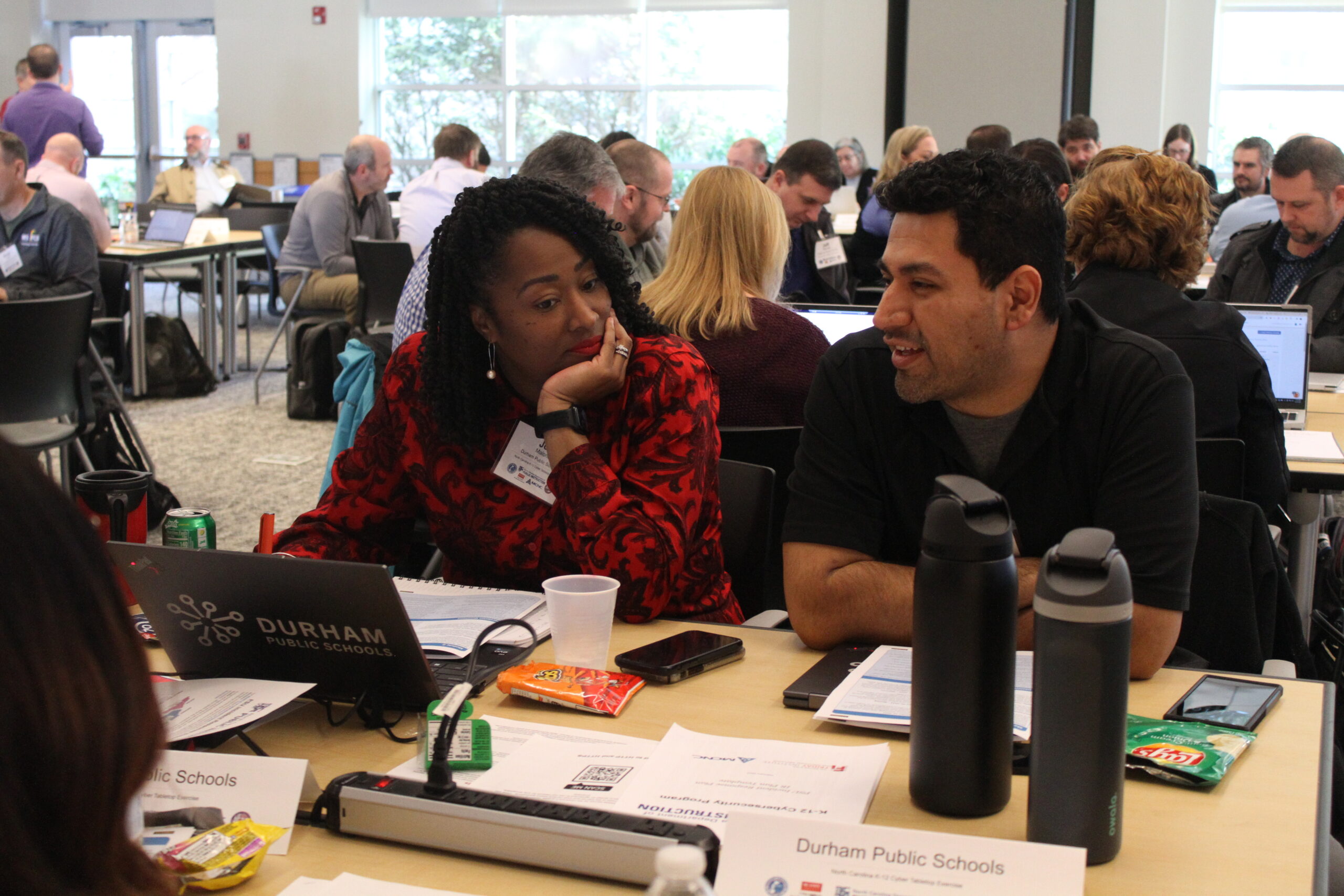Marbles Kids Museum, Families and Museums Exploring (FAME) Partnership to Receive Award from N.C. Science, Mathematics and Technology Education Center
A partnership between the Families and Museums Exploring (FAME) project and Marbles Kids Museum will be honored in April with the North Carolina Science, Mathematics and Technology Education Center’s Partnership Award.
The award, which recognizes North Carolina organizations whose innovative partnership supports the advancement of science, technology and mathematics education, will be given in recognition of the NSF grant-funded project that began in 2016 through the NC State College of Education’s Friday Institute for Educational Innovation.
“This is a wonderful honor for our whole team and this kind of work could not have happened without a lot of effort by our graduate students, undergraduate students, colleagues and Friday Institute staff,” said Gail Jones, Ph.D., Alumni Distinguished Graduate Professor and principal investigator on the project. “We believe in the importance of this work and have loved seeing the excitement in the eyes of the children we are serving.”
The FAME project created partnerships between the Friday Institute and three local museums — Marbles Kids Museum, the Morehead Planetarium and Science Center and the N.C. Museum of Natural Sciences — to engage families in STEM activities and encourage childrens’ interest in science, technology and mathematics.
Research shows that children whose families engage in activities together are more likely to continue those activities as they get older. The FAME project created Family Science Clubs to engage whole families in science exploration and to address inequities related to science experiences and access by providing participants with fun, community-based STEM activities.
In addition to positioning science as a fun family activity, the project provided food, transportation and flexible programming to ensure all families were able to take part.
Through partnerships with the three museums, 60 families spent a year participating in monthly programs focused on STEM topics while learning about potential careers in the field. Participants also had opportunities to learn about resources for exploring science on their own and were provided with hands-on science kits to use at home.
Jones said data shows that families who participated in the FAME project saw changes in the degree to which they valued science, the degree to which their children saw science as important to their future and the amount of time they spent engaging in science-related activities at home.
“We really do have data to say we’ve made a difference in kids’ career aspirations. Parents have reported that participating in the program changed their dinner conversations and they talk about science more,” she said. “We even had three of our parents say they were going back to school to change their careers because they had learned about new opportunities in the area of STEM and wanted to change their career paths.”
Although the programs targeted families with children in the third and fourth grades, parents reported that siblings of targeted children also benefited from the increased exposure to STEM activities. Jones said one of the most powerful impacts of the program was learning from a parent that their child, who had a learning disability and had been struggling in science class at school, was awarded a Principal’s Award for Science Achievement after participating in FAME with his family.
Jones said she is hoping to expand the efforts of FAME by seeking funding to implement the family program model across the United States. In addition, she hopes an expansion could bring the project to different contexts, including after-school programs, zoos, aquariums or libraries.
“This program has the potential to transform the lives of youth and families by building support for learning science,” Jones said. “The opportunities to meet science career-mentors from the community, engage in risk-free science investigation and build new networks of resources can create support systems for life-long interests.”
She said that all three original partner museums continue to offer programming that began through the FAME program, even though the funding from the NSF grant has ended.
- Categories:

